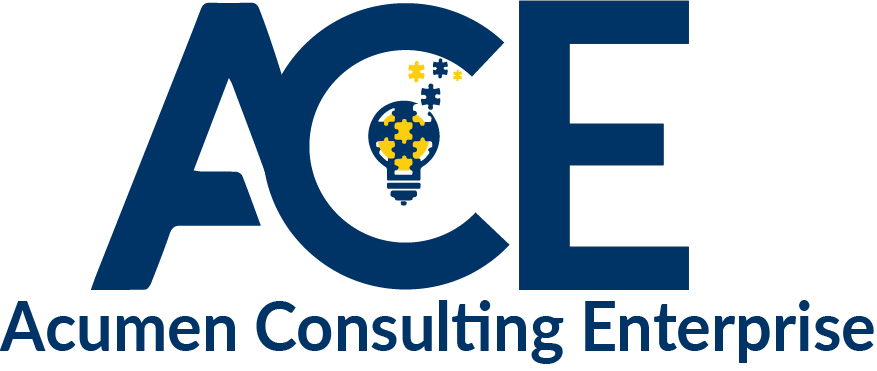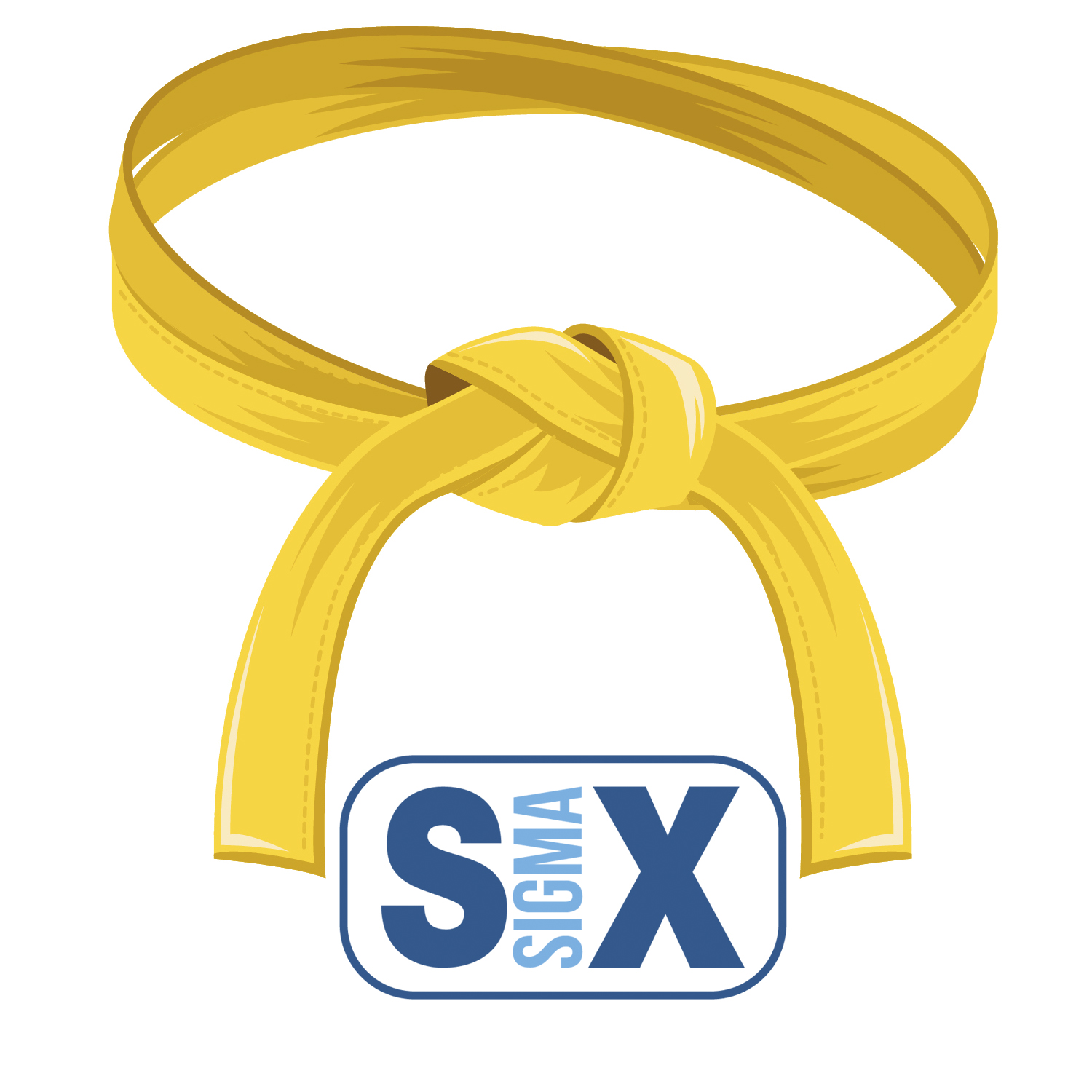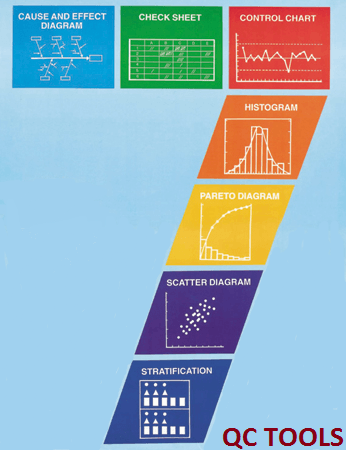
Advance Your Career with Professional Lean Six Sigma Training
Are you looking to upgrade your problem-solving skills, improve business processes, and stand out in today’s competitive job market? Our Professional Lean Six Sigma Training equips you with industry-leading methodologies to drive efficiency, reduce waste, and boost overall performance.
Why Choose Our Lean Six Sigma Training?
Expert-Led Training – Learn from seasoned Lean Six Sigma professionals with real-world experience.
Globally Recognized Certifications – Gain credentials that enhance your career prospects.
Hands-On Learning Approach – Work on practical case studies and real-time projects.
Customized Training Solutions – Personalised programs for professionals across various industries.
Flexible Learning Options – Choose from in-person, online, and corporate training sessions.
Who Should Attend?
- Professionals seeking career advancement in process improvement
- Business leaders and managers aiming to enhance operational efficiency
- Individuals looking to become certified Lean Six Sigma experts
Don’t miss this opportunity to transform your career and organization! Enrol today and take the first step toward mastering Lean Six Sigma principles.
What Is Lean Six Sigma Training and Why Is It Important for Your Career?
In modern day’s fast-paced business environment, all organizations hunt for professionals who can optimize processes, eradicate inefficiencies, and drive continuous improvement. Lean Six Sigma Training equips you with the tools and methodologies desirable to achieve these goals, building you up as a valuable asset in any industry.
What Is Lean Six Sigma?
Lean Six Sigma is a data-oriented, structured problem-solving methodology that integrates Lean principles (emphasized on reducing waste) with Six Sigma techniques (intended at diminishing process variations). It upgrades efficiency, improves quality, and guarantees customer satisfaction by systematically recognising and eliminating defects.
Why Is Lean Six Sigma Training Important for Your Career?
- Increases Your Employability – Lean Six Sigma certifications are highly valued and respected across industries, including manufacturing, services, healthcare, finance, supply chain, and IT.
- Upgrades Problem-Solving Skills – You’ll learn to analyze business processes, recognize inefficiencies, and execute solutions that lead to measurable improvements.
- Boosts Career Growth and Salary Prospects – Certified professionals habitually collect higher salaries and are well-thought-out for leadership roles because of their skill to drive cost savings and performance excellence.
- Delivers a Competitive Edge – Prominent from other professionals with a globally recognized certification that demonstrate your expertise in process improvement.
- Equips You to Lead Change – Doesn’t matter if you’re in management or aspiring to be, Lean Six Sigma training empowers you with leadership skills to bring operational transformation.
Which Lean Six Sigma Belt Certification (Yellow, Green, or Black) Is Right for You?
Lean Six Sigma presents a structured, classification of certification system mapped out to equip professionals with process improvement skills at different levels. Choosing the right belt is contingent on your experience, career goals, and level of involvement in quality and process optimization.
Lean Six Sigma Yellow Belt – Entry-Level Certification
Best for: Beginners and professionals who want a foundational understanding of Lean Six Sigma.
- Covers basic Lean Six Sigma principles and terminology
- Suitable for individuals working in process improvement teams
- Ideal for team members who assist in small improvement projects
Is it right for you? If you’re new to Lean Six Sigma and want to contribute to improvement initiatives without leading them, the Yellow Belt is a great starting point.
Lean Six Sigma Green Belt – Intermediate Certification
Best for: Professionals who want to actively lead process improvement projects.
- Imparts core Lean Six Sigma tools and statistical analysis methods
- Empowers you to lead medium-scale process improvement projects
- Perfect for professionals in operations, quality management, supply chain, and project management
Is it right for you? If you’re ready to take on more responsibility and lead projects that improve efficiency and reduce defects, the Green Belt is a valuable choice.
Lean Six Sigma Black Belt – Advanced Certification
Best for: Senior professionals, managers, and leaders in charge for driving large-scale improvements.
- Puts Efforts on in-depth problem-solving techniques and advanced statistical tools
- Equips you to manage complex projects and mentor Green Belts
- Ideal for professionals in leadership roles who want to drive business transformation
Is it right for you? If you have Green Belt experience and want to become a process improvement expert, project leader, or consultant, the Black Belt will position you for high-level career growth.
Which Certification Should You Choose?
Yellow Belt – If you’re beginner to Lean Six Sigma and want to understand the basics.
Green Belt – If you want to lead improvement projects and apply Lean Six Sigma in your organization.
Black Belt – If you’re an experienced professional looking to drive major business transformations and mentor others.
Advance Your Career with the Right Lean Six Sigma Belt!
Not sure which level suits you best? Our experts can guide you based on your experience and career goals.
How Can Lean Six Sigma Training Boost Your Professional Growth?
If you give glance in today’s competitive job market, professionals who can augment efficiency and drive business evolution are in high demand. Lean Six Sigma training empowers you with problem-solving skills and data-driven methods to spot inefficiencies, decrease waste, and improve quality. These skills brand you a valuable prospect across industries like manufacturing, healthcare, IT, and finance.
Any Lean Six Sigma certification can open doors to higher salaries, promotions, and leadership roles. It positions you as a strategic leader, proficient of managing process improvement initiatives or on-going projects and bringing operational excellence. Since these credentials are globally recognized, they offer a competitive edge and career agility.
By implementing Lean Six Sigma principles, professionals contribute organizations to improve performance, cut costs, and boost customer satisfaction. Whether you’re looking to advance your career, optimize business operations, or gain a competitive advantage, Lean Six Sigma training is an influential step forward. Enrol today and accelerate your professional growth!
What to Expect from a Top Lean Six Sigma Institute’s Training Program?
Registering in a Lean Six Sigma training program offers you with the skills, knowledge, and hands-on experience desirable to drive process improvement and operational excellence. A superior Lean Six Sigma institute ensures that you obtain comprehensive, structured learning designed for practical applications.
A well-structured program includes expert-led instruction, covering all Lean Six Sigma principles, tools, and methodologies. You can assume a practical, data-driven approach with case studies, simulations, and real-world projects to boost your problem-solving skills. The curriculum should align with globally recognized certification standards (white, Yellow, Green, and Black Belt), certifying you receive a certificate that is respected worldwide.
Additionally, ACE Acumen Consulting Enterprise provides interactive learning environments, combination of online and in-person training with mentorship from qualified professionals. You’ll increase your proficiency in statistical analysis, process optimization, and waste reduction, all of which pay to efficiency and cost savings in any industry. We also offer programs post-training support, such as project guidance, career coaching, and networking opportunities.
By choosing us as a Lean Six Sigma institute, you ensure that your training is industry-relevant, practical, and globally recognized, setting you up for success in process improvement and leadership roles. Enrol today and hoist your professional potential!
How Do Lean Six Sigma Training Services Help Businesses Improve Efficiency?
Lean Six Sigma training equips business professionals with the tools and strategies desired to streamline operations, reduce waste, and improve efficiency. By employing organized problem-solving techniques and data-oriented decision-making, organizations can classify disorganizations, eradicate defects, and optimize workflows, leading to substantial performance improvements.
Training employees with Lean Six Sigma principles permits companies to boost up process quality, lesser operational costs, and growth in customer satisfaction. Professional team members increase their proficiency in statistical analysis and Lean tools, permitting them to address bottlenecks, refine turnaround times, and formulate a culture of continuous improvement. This consequences in superior efficiency, condensed errors, and improved net performance.
Furthermore, Lean Six Sigma supports businesses encourage robust leadership and a process-driven attitude, ensuring long-standing success and a competitive edge. Whether implementation to manufacturing, healthcare, finance, or service industries, this tactic provides a scalable framework for maintainable growth and revolution.
By investing in Lean Six Sigma training, businesses can develop a highly expert workforce proficient of driving operational excellence and enduring success.
Key Differences Between Yellow, Green, and Black Belt Certifications
Lean Six Sigma certifications are designed in three levels Yellow Belt, Green Belt, and Black Belt. Each level plays a significant professional role and expertise in process improvement. Here’s how they differ:
Yellow Belt (Basic Level)
- Offers a fundamental understanding of Lean Six Sigma methods and principles.
- Supports process improvement projects and assists Green and Black Belts.
- Efforts on process mapping, data collection, and basic problem-solving.
- Best for professionals looking to contribute to small-scale improvements.
Green Belt (Intermediate Level)
- Trains professionals to initiate and lead improvement projects within their departments.
- Covers Lean Six Sigma tools, root cause analysis, data-driven decision-making, and waste reduction.
- Operates under Black Belts to implement structured problem-solving.
- Ideal for team leaders, analysts, and process improvement specialists.
Black Belt (Advanced Level)
- Develops expertise in statistical analysis, leadership, and strategic process improvement.
- Initiate and spearhead complex projects, mentors Green and Yellow Belts, and drives organizational change.
- Efforts on advanced Lean Six Sigma methodologies, process control, and data analytics.
- Best for senior managers, quality improvement leaders, and operational excellence professionals.
Which Certification Should You Choose?
If you’re starting with Lean Six Sigma, a Yellow Belt is a great introduction. Those wanting to lead process improvements should opt for a Green Belt, while professionals aiming for high-impact leadership roles should pursue a Black Belt.
Choose the right certification and take your career to the next level—enrol today!
Why Choose a Certified Lean Six Sigma Training Institute for Your Learning?
Getting enrolled in a certified Lean Six Sigma training institute ensures you receive high-quality, globally familiar education that boosts your career prospects. An institute offers structured learning, skilled instruction, and hands-on experience, arming you with the skills to give energy for process improvement and business efficiency.
A certified trainer follows industry standards, presenting a well-defined curriculum aligned with international Lean Six Sigma certification bodies. You’ll increase expertise in problem-solving, data analysis, waste reduction, and process optimization, fostering you a valuable asset in any industry. Moreover, top institutes provide practical case studies, real-world projects, and post-training support, helping you apply Lean Six Sigma principles effectively.
Choosing a well equip institute also surges your credibility, as recognized certifications are valued by employers worldwide. Whether you’re aiming for career growth, leadership roles, or business success, investing in Lean Six Sigma training certifies you to receive the best education and opportunities.
Get trained by industry experts, enroll in a certified Lean Six Sigma program today with ACE!
How Can Lean Six Sigma Training Prepare You for Leadership Roles?
Lean Six Sigma training services prepares professionals with serious problem-solving, decision-making, and strategic thinking skills, making them strong candidates for leadership roles. By becoming proficient in process optimization, waste reduction, and data-driven decision-making, you learn the expertise to drive organizational improvement and productivity.
A Lean Six Sigma certification boosts your ability to lead teams, manage complex projects, and implement sustainable business strategies. Black Belt and Master Black Belt certifications, in particular, focus on mentorship, change management, and high-level strategic planning, crucial for leadership positions.
Organizations value leaders who can analyze data, improve processes, and deliver quantifiable results. By earning a Lean Six Sigma certification, you position yourself as a high-impact leader capable of guiding teams toward operational excellence and long-term success.
Take the next step in your career—develop your leadership skills with Lean Six Sigma training today!
What Industries Benefit the Most from Lean Six Sigma Certified Professionals?
Lean Six Sigma is extensively used across industries that prioritize efficiency, quality, and process optimization. Certified professionals are in high demand in the following sectors:
Manufacturing – Reduces defects, minimizes waste, and enhances production efficiency.
Healthcare – Improves patient care, reduces medical errors, and optimizes hospital workflows.
Finance & Banking – Enhances risk management, reduces errors in financial transactions, and improves customer service.
IT & Software Development – Streamlines processes, improves project management, and boosts software quality.
Supply Chain & Logistics – Optimizes inventory management, reduces lead times, and increases operational efficiency.
Retail & E-commerce – Enhances customer experience, reduces costs, and improves supply chain operations.
Telecommunications – Improves service quality, reduces downtime, and enhances customer satisfaction.
Lean Six Sigma methodologies help businesses reduce costs, boost productivity, and improve customer satisfaction. Whether you’re in manufacturing, healthcare, finance, or IT, this certification gives you a competitive edge.
How to Enroll in the Best Lean Six Sigma Training Program for Your Needs?
Selecting the right Lean Six Sigma training program is essential for gaining valuable skills and certification. Follow these steps to find the best program for your career goals:
Identify Your Certification Level – Decide whether you need a Yellow, Green, or Black Belt, based on your experience and professional objectives.
Research Accredited Trainer – Look for certified training providers that offer globally recognized Lean Six Sigma certifications.
Check Course Content & Structure – Ensure the program covers practical applications, case studies, and real-world projects for hands-on learning.
Consider Learning Format – Choose between online, in-person, or hybrid training based on your schedule and learning preference.
Evaluate Trainer Expertise – Opt for programs led by experienced Lean Six Sigma professionals with a strong industry background.
Review Support & Certification Process – Ensure the institute provides exam preparation, mentorship, and post-training support to help you succeed.
Compare Costs & Value – Balance affordability with quality, ensuring the program offers comprehensive training and recognized certification.
By selecting Ace Acumen Consulting Enterprise, you can develop valuable skills, enhance your career, and contribute to business excellence.
Start your journey today—enroll in the best Lean Six Sigma program for your needs!










